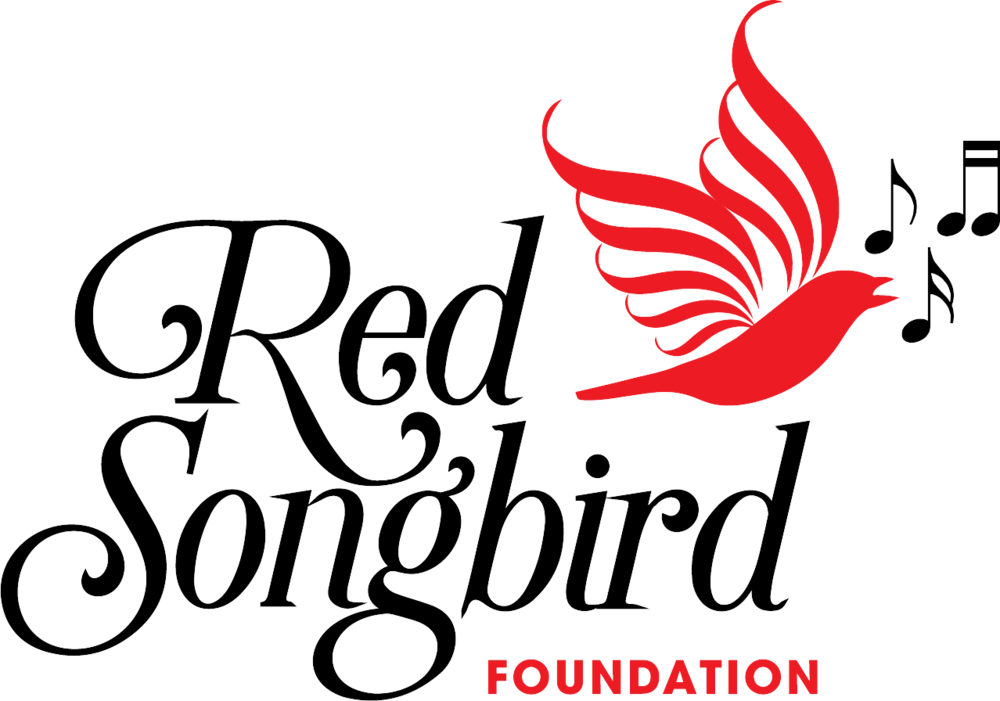Emotional Regulation
Emotional Regulation
By Jaana Woodbury, CADC-I, CCAR
There can be many different factors when it comes to emotional regulation. Emotional regulation in essence is the ability to control one’s emotional state. When we correlate emotional regulation to substance use disorders and mental health, we typically see unhealthy behaviors that can lead to self-destruction and conflict.
Over the pandemic, we have seen a significant increase in substance use disorders and mental health issues. According to the WHO, we have seen a 25% increase over the year just in anxiety and depression alone. Many experts are suggesting that the residual from the COVID pandemic haven’t yet surfaced. For communities and families, this poses great concern. Although this can be concerning, it’s important to consider what we DO have control over and learn how to intervene when emotional dysfunction is identified.
To better understand emotional regulation, learning how emotions are impacted is crucial. Over the pandemic, we saw stress levels increase at extreme rates due to constraints that were placed on the schooling systems, the work force, and the communities. According to the WHO, loneliness, fear of infection, suffering and death for oneself and loved ones, and financial stressors were all causal factors in the decline of mental health and increased substance use. The data has also suggested that the youth and women were severely impacted and that they were disproportionately at risk of suicide and self-harming behaviors. Bringing awareness and understanding on what to look out for can place us all in a better position to intervene before dysregulated emotions cause more issues for the ones suffering and their surrounded support systems.
Emotions are a very normal part of life. It also isn’t to say that one may never feel sad or angry again, but what we want to avoid are the highest of highs, and the significant lowest of lows. There can be several reasons as to why someone may “lose control” of their emotions and as stated, we have seen a significant rise in “volatile” behaviors.
Emotional control and regulation are when we take action that stabilizes the emotional experience. Some may be better at regulating their emotions than others, but it most likely has been a healthy pattern of behavior created by practice and self-awareness. The ability to controls one’s emotions are important in navigating life. It impacts our own belief systems, which in turn, impacts our relationships and communities. There are several ways to develop skills that can help oneself and others in healthy emotional regulation.
1. Identifying what you feel
As mentioned, emotions are a very normal part of our responses. Being able to identify what we feel, when we are feeling it can help us in taking the time to take a step back, rather than act on impulse. Having internal dialogue is the first step in being able to identify what we feel. Some questions we may ask ourselves are: what am I feeling? Why do I feel like this? Is something causing me fear? Is what I am feeling based in fact? Without this type of self-awareness, we can easily fall prey to unhealthy thoughts which leads to unhealthy behaviors and beliefs of oneself.
2. Practice Mindfulness
Practicing mindfulness is a developed skill that takes practice. Doing a simple body scan can help ground us and decompress any heightened emotions. Some simple questions to ask oneself are: Do I feel hot or cold? Am I sitting or standing? Where do I feel tense in my body? What day and time is it? The ability to ground oneself could arguably be one of the best coping strategies when faced with emotional challenges
3. Engaging in positive self-talk and considering the narrative
When we are heightened, it is beneficial to practice positive affirmations. Understanding that we are NOT our emotions and that emotions are temporary is one of the biggest building blocks towards creating healthy mindsets. When we allow ourselves to trail off in a negative headspace, the stories we tell ourselves can be detrimental. For example, if we are feeling low self-worth, we may tell ourselves that we aren’t worth it. This spiraling thought can lead to behaviors that can cause harm. Being able to combat the negative thoughts with a positive one can support us in stepping into a different truth. The goal is to re-write the narrative that we may find ourselves clinging to that may be causing a cycle of unhealthy responses or behaviors
4. Validating yourself
Another way to become strong in emotional regulation is simply learning to validate oneself. This is easier said than done but learning that it is okay to have a bad day or have an unhealthy thought will typically lead us towards a path of healing. We may have had experiences where we were told to “stop crying” or that what we were feeling “isn’t a big deal,” when in fact it actually is a big deal. We are all living an earthly existence and suffering is going to be inevitable. Being able to come to terms with whatever is coming up is one of the key steps in making measurable goals that will be supportive of us moving forward.
Emotional regulation is no easy feat and will require consistent practice. It is also important to remember that none of us are alone and that reaching out can also be just as important as learning skills that will help us navigate our emotions. Healing is not a linear process and learning to also have grace with oneself can be extremely beneficial. To learn more about how The Red Songbird Foundation can assist you or your loved one, reach out via our website HERE.
-Jaana Woodbury
Published August 2, 2022

